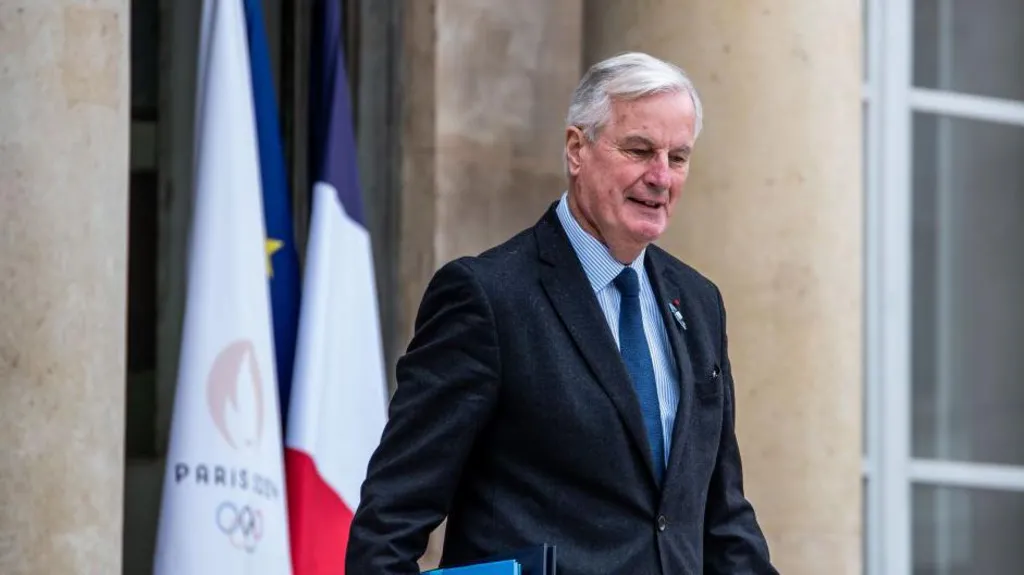The Fall of Barnier's Government
France is experiencing a dramatic political shift after the fall of Prime Minister Michel Barnier's government. Just three months into his tenure, Barnier was voted out by a historic no-confidence vote, the first such occurrence in more than six decades. It signals a tough period ahead for President Emmanuel Macron as he looks for a successor.
The no-confidence motion was supported by 331 MPs, well above the 288 needed, as a response to the strained use of special powers, getting around parliamentary approval for his budget, exercised by Barnier. The planned budget, which contained a deficit reduction plan of €60 billion, was criticized and condemned across the political spectrum, as far-right National Rally (RN) leader Marine Le Pen, along with the left-wing New Popular Front (NFP), united in declaring the measures detrimental to the French economy and society.
Marine Le Pen branded the budget as "toxic for the French," NFP leaders were incensed that Macron had appointed Barnier over their own candidate to lead the budget. In this light, the left-wing alliance saw the move as the outright rejection of the choice of its voters.
Macron's Next Steps Amid Political Uncertainty
As Barnier resigned, Macron was confronted with the Herculean task of finding a new prime minister to deal with the divided parliament. Macron's presidency is technically in place, but opposition leaders are raising the pressure for an early presidential election. Macron has rejected this idea categorically, but his administration is technically precarious.
He arrived in Paris from a state visit to Saudi Arabia to deal with the crisis. A nationally televised address is planned, wherein Macron will outline the government strategy. Observers believe he would say that stability and national unity can stand strong with growing discontent.
Broader Impact on France
The collapse of the government brought about deep divisions within French politics. The far-right-left coalition is a rare but very powerful coalition against centrist policies. This gridlock could go on, as no parliamentary elections can be held until July, leaving the Assembly in deadlock.
During his last speech as prime minister, Barnier defended his actions, arguing that unpopular measures were required in light of France's spiraling debt. Critics, however, point out that his approach estranged key parliamentary groups, leading to his downfall.
The Road Ahead
As the dust settles, France prepares for a long period of political uncertainty. The next prime minister will have to balance competing demands from a divided parliament while addressing urgent economic challenges. Whether Macron can maintain control or face intensified opposition remains a critical question.
The coming weeks will test the resilience of France's political system and its ability to navigate unprecedented challenges.



0 Comments